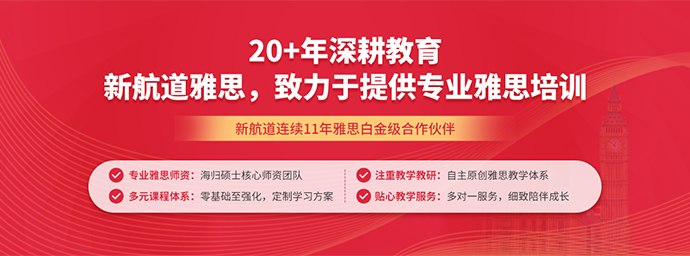
C10-T2-R1
1. 题干:The time and place of the Industrial Revolution.
(C10-T2-R1 T1)
原文:Why did this particular Bib Bang-the world-changing birth of industry-happen in Britain? And did it strike at the end of the 18th century?
同义替换:
Time --- 18th century
Place --- Britain
2. 题干:Conditions required for industrialisation.
(C10-T2-R1 T2)
原文:“There are about 20 different factors and all of them need to be present before the revolution can happen,” he says. For industry to take off, there needs to be the technology and power to drive factories, large urban populations to provide cheap labour, easy transport to move goods around, and affluent middle-class willing to buy mass-produced objects, a market-driven economy and a political system that allows this to happen.
同义替换:
Conditions --- factors
Require --- need
3. 题干:Two keys to Britain’s industrial revolution.
(C10-T2-R1 T3)
原文:Tea and beer, two of the nation’s favourite drinks, fuelled the revolution.
同义替换:无
4. 题干:The search for the reasons for an increase in population.
(C10-T2-R1 T4)
原文:But then there was a burst in population growth.
People suggested four possible causes.
同义替换:
Reasons --- causes
Increase --- growth
5. 题干:Changes in drinking habits in Britain.
(C10-T2-R1 T5)
原文:He says, ‘We drank beer. For a long time, the English were protected by the strong antibacterial agent in hops, which were added to help preserve the beer. But in the late 17th century a tax was introduced on malt, the basic ingredient of beer. The poor turned to water and gin and in the 1720s the mortality rate began to rise again.
同义替换:
Change --- turn to
6. 题干:Comparisons with Japan lead to the answer.
(C10-T2-R1 T6)
原文:Macfarlane looked to Japan, which was also developing large cities about the same time, and also had no sanitation. Water-borne disease had a much looser grip on the Japanese population than those in Britain. Could it be the prevalence of tea in their culture?
同义替换:无
7. 题干:Industrialisation and the fear of unemployment.
(C10-T2-R1 T7)
原文:Macfarlane notes that even though 17th –century Japan had large cities, high literacy rates, even a futures market, it had turned its back on the essence of any work-based revolution by giving up labour-saving devices such as animals, afraid that they would put people out of work.
同义替换:
Unemployment --- out of work
8. 题干:China’s transport system was not suitable for industry in the 18th century.(C10-T2-R1 T8)
原文:‘All these factors must have been necessary but not sufficient to cause the revolution,’ says Macfarlane. ‘After all, Holland had everything except coal, while China also had many pf these factors. Most historians are convinced there are one or two missing factors that you need to open the lock.’
同义替换:无
9. 题干:Tea and beer both helped to prevent dysentery in Britain.
(C10-T2-R1 T9)
原文:The antiseptic properties of tannin, the active ingredient in tea, and of hops in beer-plus the fact that both are made with boiled water-allowed urban communities to flourish at close quarters without succumbing to water-borne diseases such as dysentery.
同义替换:
Prevent --- without succumbing to
10. 题干:Roy Porter disagrees with Professor Macfarlane’s findings.
(C10-T2-R1 T10)
原文:Macfarlane’s case has been strengthened by support from notable quarters-Roy Porter, the distinguished medical historian, recently wrote a favourable appraisal of his research.
同义替换:无
11. 题干:After 1740, there was a reduction in population in Britain.
(C10-T2-R1 T11)
原文:Between about 1650 and 1740, the population in Britain was static. But then there was a burst in population growth.
同义替换:无
12. 题干:People in Britain used to make beer at home.
(C10-T2-R1 T12)
原文:Macfarlane deduced that whatever the British were drinking must have been important in regulating disease. He says, ‘We drank beer. For a long time, the English were protected by the strong antibacterial agent in hops, which were added to help preserve the beer. But in the late 17th century a tax was introduced on malt, the basic ingredient of beer. The poor turned to water and gin and in the 1720s the morality rate began to rise again.
同义替换:无
13. 题干:The tax on malt indirectly caused a rise in the death rate.
(C10-T2-R1 T13)
原文:But in the late 17th century a tax was introduced on malt, the basic ingredient of beer. The poor turned to water and gin and in the 1720s the mortality rate began to rise again.
同义替换:
Death rate --- mortality rate






